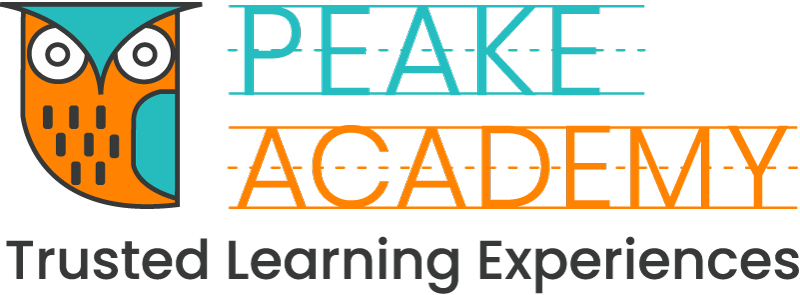Reading And Your First Grader
If a child can read, a child can do anything they set their mind to. Reading is one of the basic and most fundamental essentials for a successful life. Think about it—you can’t even make a frozen pizza if you can’t read the instructions on the box! And let’s not forget about all the wonderful adventures they would miss out on if they can’t read “Charlotte’s Web”, “The Hardy Boys” or “Nancy Drew”, “Captain Underpants”, and “Junie B Jones”.
You might be thinking, “I know! I understand the importance and value of reading, but how do I get my first grader on board?”
Questions like these are on the upswing these days because more and more parents (possibly even you) are faced with homeschooling your first grader or at the very least, overseeing their virtual lessons. And in the words of some parents, I’ve spoken to, “I don’t have a clue when it comes to teaching a child to read!” Or “I’m a __________, not a teacher! I don’t want to mess my kid up. Help!”
No matter what your situation is, you need to stop, take a deep breath, and realize that yes, you can do this. No matter what your level of education, no matter what you think you may or may not be capable of, you can do this. I know you can because you have at your disposal a plethora of resources to help you. Including this one. So, take that deep breath, and let’s spend a few minutes talking about some things you can do to teach and enhance your first grader’s reading skills.
Number one: Know what is expected of a first-grader. In first grade, students learn basic sight words such as it, is, the, was, me, can, and so on. They also learn to recognize letter blends (sh, ch, th, ing, er, wh), and the basic rules of grammar, i.e. silent ‘e’ at the end of a word, hard and soft vowel sounds, double consonants, and so on.
Number two: A first grader’s reading skills are built one step at a time, beginning with sounding out words letter by letter (or blend).
Number three: As they make these significant strides in their learning, you can work with them to enhance their reading skills by making them a part of their daily activities. And guess what? You’ll both have fun in the process! Here’s how…
#1. Cooking with your children
Ask them to read the directions to you when you bake or cook something for your family. Have them read the labels on things. Give them a marker or pen and a cereal box or a cake mix and have them circle common words like ‘it’, ‘the’, and so on.
#2. Good little shoppers
Have your first grader read your shopping list to you as your go up and down the aisles at the supermarket. Better yet, let them find the things on the list and put them in your cart. Okay, so a lot of that will be based on labels and pictures, but you can add to the lesson by having them make sure it does (or doesn’t) say things like ‘low-fat’, ‘gluten-free’, or ‘sugar-free’
#3. Enroll your child in a book club
Children love to get mail. Selecting a book or two to receive every six weeks or so gives your first grader something to look forward to and gives them a say in what they read. You can have them read along on YouTube. There are countless children’s books being read by parents and teachers. A lot of them have the text on the screen. So just mute the volume and have your child read aloud.
#4. Give your first grader the gift of books and magazine subscriptions
First graders enjoy receiving Scholastic children’s magazines, Highlight, Sesame Street, Ladybug, Click, National Geographic for Kids and Your Big Backyard are just a few quality children’s magazines. As for books to give your first grader, the list is almost endless, but this link can help you find something your first grader will enjoy: http://www.goodreads.com/list/tag/childrens
#5. Play word games with your first grader
Make up silly rhymes with your first grader. Do Mad Libs with your first grader. Race to see who can find certain words on road signs and billboards while on road trips.
#6. Read to and with your first grader
Make sure your first grader is reading books they enjoy. What interests them? Select books that deal with these things.
Years ago the slogan, Reading is Fundamental was the mantra of schools everywhere. It still is and always will be…fundamental, that is.
Thank you for reading this content. Subscribe to our Weekly Newsletter. We occasionally send resources of great value and freebies and we would love to send them to you for free!
Here are two amazing printable resources made by Peake Academy Preschool At Home to help you have a fun reading exercise with your child
Visit our Parent Advisor and The Buzz Blogs to learn more about related topics and parenting tips. You are welcome to join our private Parent Advisor Facebook group. It’s a growing community of parents and preschool teachers where you can learn and share more parenting tips.


